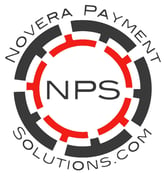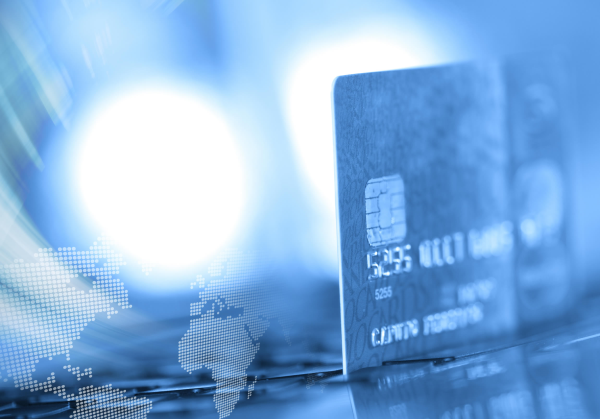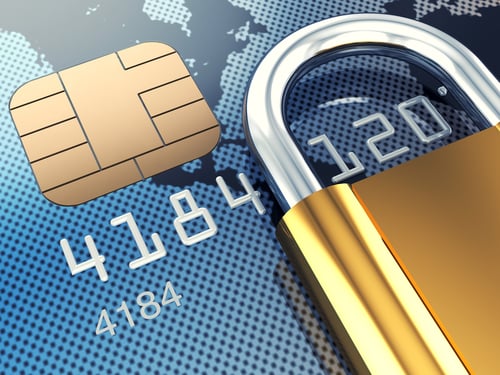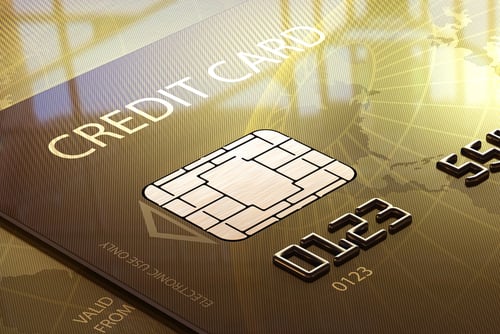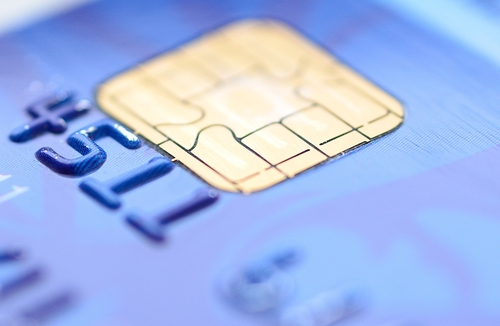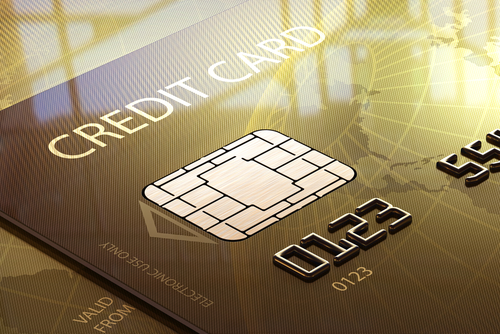October 1, 2015 is rapidly approaching. As a small business owner, if you don't know what this date means, it's time to start paying attention.
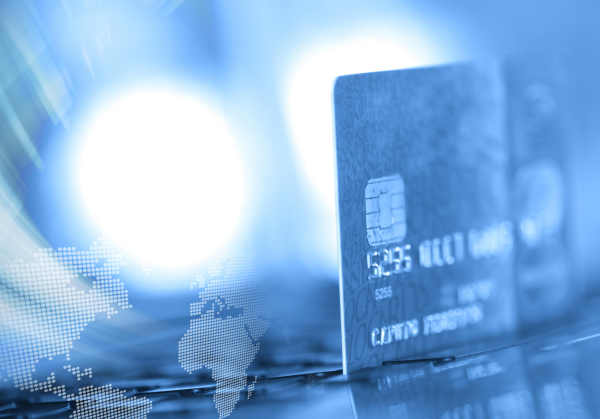
What is EMV?
If you have a personal or business credit card, more than likely in the past year you received a new EMV card from your bank. This new card has special chip in it that your old card did not have. EMV is a global payment system that includes a microprocessor chip in debit and credit cards. The intent is to make them less vulnerable to fraud for in-person transactions. Because EMV uses better data security, this standard has been adopted in the United States and the transition is well underway. EMV terminals are already in use all over the world and growing more popular in the United States as the EMV transition is implemented and as integration deadlines approach.
Why does this matter to your business?
Starting on October 1, 2015, the liability shifts to businesses (large and small) for fraudulent chip card transactions. This means if you accept a chip card with a magnetic stripe reader(instead of with an EMV-ready reader), your business will be responsible for the cost if the transaction is fraudulent. This could be extremely costly for your business.
What do you need to do to be ready?
The time is now to ensure your credit card terminal is EMV ready. Changing out terminals and processes can be intimidating for many business owners simply because they are not comfortable with the technology. Unfortunately, delaying this transition for your business could ultimately be very costly.
Novera Payment Solutions is here to make the EMV transition simple and seamless for your business. With 24/7 world-class support, upgrading your business card reader(s) couldn't be easier. You'll have the ability to accept credit card and debit cards anywhere at any time; and with Novera Payment Solutions innovative flat fee merchant account, your business will also save a significant amount of money on credit card processing fees.
October 1, 2015 is a mere two weeks away. Contact Novera Payment Solutions for a free consultation on the EMV transition. We are here for you!
